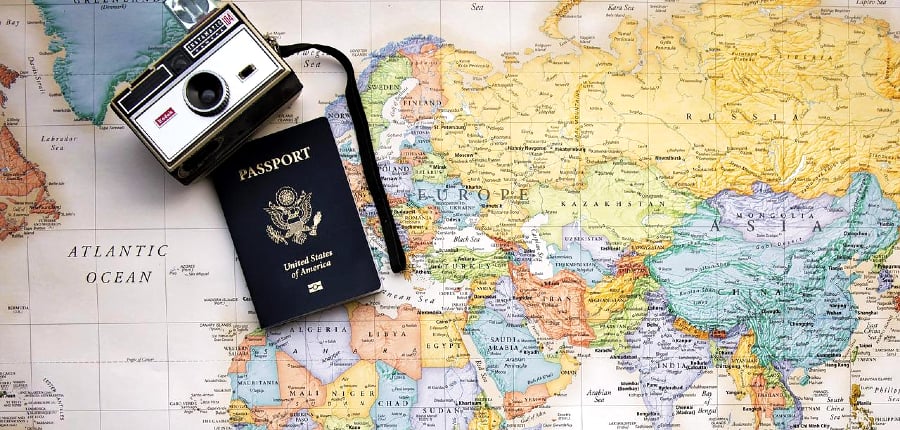As lockdowns recede, the itch to travel grows. From trains and planes to automobiles, families are getting ready to hit the road. But whether you’re staying close to home or traveling to far-flung destinations, keep this in mind: Animals forced to entertain the public are on permanent lockdown.
From dolphins in concrete swimming pools and dispirited elephants forced to give rides to exhausted horses pulling carriages, tourists with money to spend are what keep animals in servitude until the day they die.
Sleazy roadside zoo operators have learned that tacking the word “sanctuary” onto their outfit’s name or claiming to “rescue” animals is a surefire way to dupe kind people into visiting. Far too many of them are nothing more than breeders, dealers and exhibitors exploiting the public’s goodwill and generosity.
These scam facilities can be found everywhere, but they abound in Asia. Everywhere tourists go, they find appeals to visit elephant “sanctuaries” for up-close encounters. But no legitimate elephant sanctuary allows hands-on interactions with the public—and that includes riding elephants or bathing them. When not laboring, these elephants live in chains and in fear of being beaten with a bullhook—a heavy baton with a sharp, steel hook on the end. TRAFFIC, a leading international wildlife-trade monitoring network, released an exposé showing that tourists actually drive elephant suffering, including the capture of wild elephants.
Then there are the lion, tiger and bear cubs who are exploited as photo props. They are kidnapped as infants, never again to feel their mother’s love. Exhibitors want to make as much money as possible before the cubs grow too big to be manageable. That means they can be worked all day long, with little food, water or rest, and they’ll spend the rest of their lives in cramped cages.
“Swim with dolphins” excursions are merciless and mercenary. In nature, dolphins swim vast distances every day in extended pods. They’re keenly intelligent, with complex social ties, and they use echolocation to navigate and judge distances. But in captivity, even the largest pool can feel like a prison, and captive dolphins often die far short of their expected lifespan.
Animals are suffering even in well-known, popular tourist destinations like the Grand Canyon, the island of Santorini in Greece, the Great Pyramid of Giza in Egypt, and the Lost City of Petra in Jordan. Horses, donkeys and camels are forced to haul sightseers around on their backs or in carriages. They’re worked to exhaustion, often in the scorching heat with no access to water. If they collapse, they’re beaten until they get back up.
Activities or excursions in which horses drop dead in their tracks, cubs scream for their mothers, elephants moan in despair, and dolphins live under constant stress—ethical travelers must pledge not to spend a dime on any of them.





